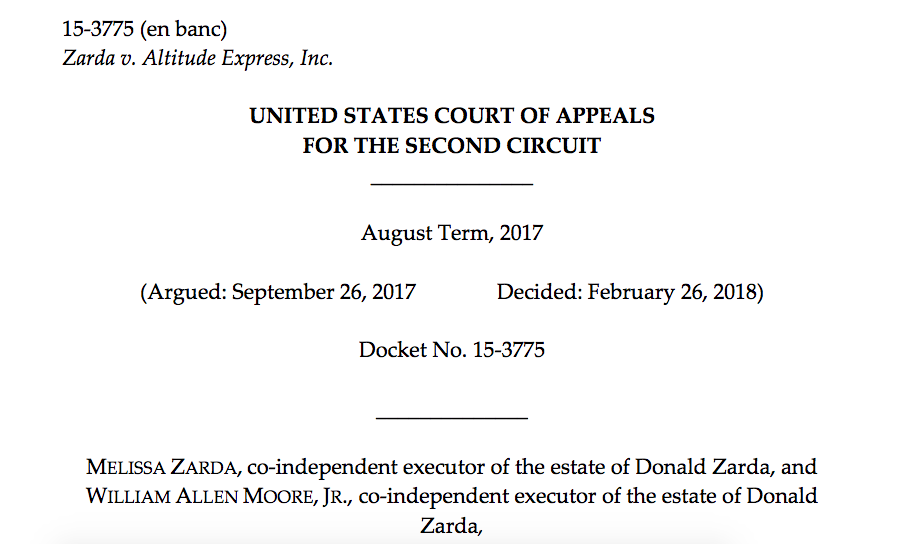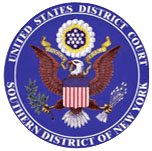The federal Fair Labor Standards Act (“FLSA”) and the New York State Labor Law (“NYLL”) require employers to pay employees overtime whenever they work over 40 hours in a workweek. The overtime pay rate, under both laws, is 1.5 times the regular rate of pay. So, for example, if an employee’s regular hourly rate is…
Continue reading ›Your Side












